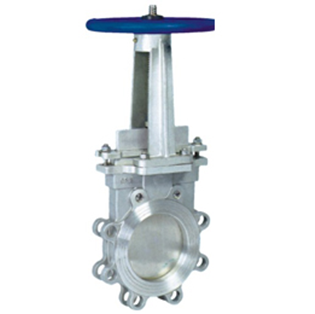forging flange manufacturers
Forging Flange Manufacturers An Overview of the Industry
Flanges are essential components in the piping and construction industries, serving as connectors that facilitate the assembly and maintenance of various systems. Forging flange manufacturers specialize in producing these vital components through the forging process, a technique that enhances the mechanical properties of metals by shaping them while they are in a solid state. This article provides an overview of the forging flange manufacturing industry, outlining the processes, benefits, and key players involved.
Understanding Forging
The forging process involves the application of compressive forces to metal materials, manipulating them into specific shapes. This technique results in enhanced strength and durability compared to flanges manufactured through casting or machining processes. Forged flanges are typically more resistant to stress and fatigue, making them ideal for high-pressure and high-temperature applications commonly found in oil, gas, and chemical industries.
Types of Forging Flanges
Forging flange manufacturers produce a variety of flanges, including
1. Weld Neck Flanges These flanges have a long, tapered neck that provides strength and support, making them suitable for high-pressure systems. 2. Slip-On Flanges Easily aligned and welded onto pipes, slip-on flanges are often used in low-pressure applications.
3. Blind Flanges Used to seal the ends of piping systems, these flanges provide access for cleaning or inspection while obstructing flow.
4. Threaded Flanges Equipped with internal threads, these flanges are useful for quick installations in piping systems without the need for welding.
5. Socket Weld Flanges Designed for smaller diameter pipes, socket weld flanges provide a strong joint that can withstand high pressure.
The Manufacturing Process
The manufacturing of forged flanges involves several key steps
1. Material Selection High-quality raw materials, typically carbon steel, stainless steel, or alloy steel, are selected based on the specific application requirements.
forging flange manufacturers

2. Heating The metal is heated to a specific temperature, making it malleable for the forging process.
3. Forging Using dies and hammers, the metal is shaped into flanges through various methods such as open-die forging, closed-die forging, and wrought forging.
4. Machining After forging, flanges undergo machining to achieve precise dimensions, surfaces, and finishes.
5. Testing and Quality Control Rigorous testing, including non-destructive testing and pressure tests, ensures that the final product meets industry standards and specifications.
Benefits of Forged Flanges
Forged flanges offer several advantages
- Enhanced Strength The forging process refines the metal's grain structure, resulting in increased strength and resistance to impact and fatigue. - Durability These flanges can withstand extreme operating conditions and corrosive environments, ensuring long-lasting performance.
- Cost-Effectiveness Despite the potentially higher initial investment, the long lifespan and low maintenance costs of forged flanges often justify the expense.
- Versatility Forged flanges can be tailored to meet various specifications, making them suitable for diverse applications across multiple industries.
Key Players in the Industry
The forging flange manufacturing industry features several prominent players known for quality and innovation. Leading manufacturers often invest heavily in research and development to improve their production processes and expand their product offerings. Companies specializing in forging flanges must also adapt to global market demands, placing emphasis on sustainability and environmental responsibility.
Conclusion
In conclusion, forging flange manufacturers play a crucial role in supplying robust and reliable components that ensure the seamless operation of piping systems across various industries. With advancements in manufacturing technologies and an increasing focus on quality and sustainability, the forging flange sector continues to evolve, promising exciting developments in the years to come. As industries grow and change, the demand for high-quality, forged flanges will remain a key element in ensuring safety and efficiency in critical infrastructure.
-
Breakthrough in Domestic Low Temperature Valve Technology in ChinaNewsAug.18,2025
-
From Machinery to Intelligent Brain: The Digital Transformation Wave of the Valve IndustryNewsAug.18,2025
-
PCVEXPO 2025NewsAug.18,2025
-
The Key to Fluid Control: Exploring the Advantages of Ball Valves in Industrial SystemsNewsJul.09,2025
-
The Versatile World of 1, 2, and 3 Piece Ball ValvesNewsJul.09,2025
-
Stainless Steel Ball Valves: The Ideal Choice for Efficient Flow ControlNewsJul.09,2025
-
Optimizing Fluid Control with Ball Float ValvesNewsJul.09,2025




